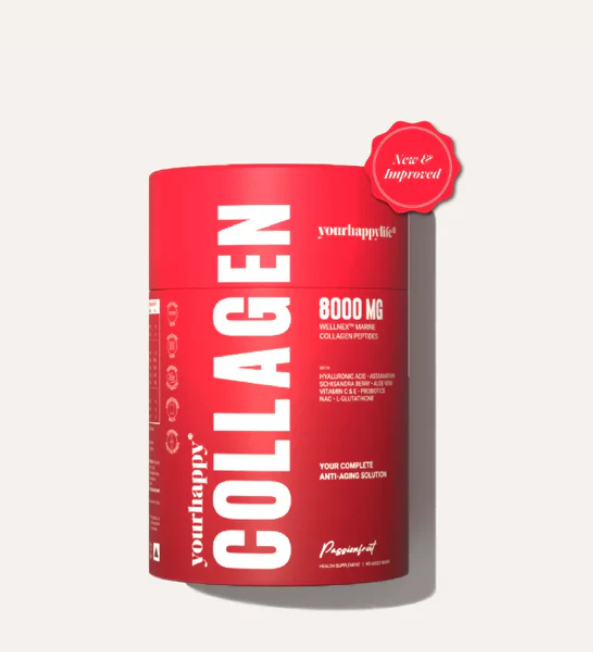SKin
Collagen vs. Other Skin Whitening Treatments: Pros and Cons

Achieving a radiant, even-toned complexion is a common goal in skincare. Various treatments promise skin whitening and brightening, each with unique benefits and drawbacks. Here, we compare collagen-based treatments to other popular skin whitening methods to help you make an informed choice.
Collagen for Skin Whitening
Pros:
-
Natural Boost: Collagen is a protein naturally found in the skin, promoting elasticity and hydration. Increasing collagen levels can enhance skin texture, making it appear more youthful and bright.
-
Anti-Aging Benefits: Collagen not only helps with skin whitening but also reduces the appearance of wrinkles and fine lines, providing a dual benefit for those seeking both anti-aging and skin lightening effects.
-
Minimal Side Effects: Collagen supplements and topical treatments generally have fewer side effects compared to chemical whitening agents, making them suitable for sensitive skin.
-
Holistic Improvement: Collagen improves overall skin health, enhancing its natural glow and resilience, rather than just focusing on pigmentation issues.
Cons:
-
Slow Results: Collagen treatments require consistent use over several weeks or months to see noticeable skin whitening results, which may be slower compared to other treatments.
-
Effectiveness Varies: The impact of collagen supplements can vary from person to person based on factors like age, skin type, and overall health, leading to inconsistent results.
-
Cost: High-quality collagen supplements and treatments can be expensive, making them less accessible for some individuals.
Other Skin Whitening Treatments
1. Chemical Peels
Pros:
- Quick Results: Chemical peels can provide noticeable whitening results in a shorter time frame by removing the top layer of skin and reducing pigmentation.
- Exfoliation: They promote skin regeneration and improve texture.
Cons:
- Side Effects: Chemical peels can cause redness, irritation, and peeling, especially for those with sensitive skin.
- Downtime: Some peels require a recovery period, during which the skin may be more vulnerable to damage.
2. Laser Treatments
Pros:
- Precision: Laser treatments target specific areas of hyperpigmentation, providing precise results.
- Effective: They can significantly reduce pigmentation and brighten the skin.
Cons:
- Costly: Laser treatments can be expensive, requiring multiple sessions.
- Side Effects: Potential side effects include redness, swelling, and, in some cases, scarring.
3. Topical Whitening Agents (e.g., Hydroquinone)
Pros:
- Easily Accessible: Topical creams and serums are widely available and easy to incorporate into a daily skincare routine.
- Effective: Ingredients like hydroquinone and niacinamide are proven to reduce pigmentation.
Cons:
- Potential Irritation: Some ingredients can cause skin irritation and dryness, especially with prolonged use.
- Regulation Issues: Certain whitening agents are banned in some countries due to safety concerns, limiting their availability.
Conclusion
Choosing the right skin whitening treatment depends on individual preferences, skin type, and desired results. Collagen offers a natural, holistic approach with added anti-aging benefits but requires patience and consistency. Other treatments, like chemical peels, laser treatments, and topical agents, provide faster results but come with higher risks of side effects and costs. At Yourhappylife. we recommend considering your skin’s unique needs and consulting with a skincare professional to determine the best approach for your journey to radiant, even-toned skin.






































